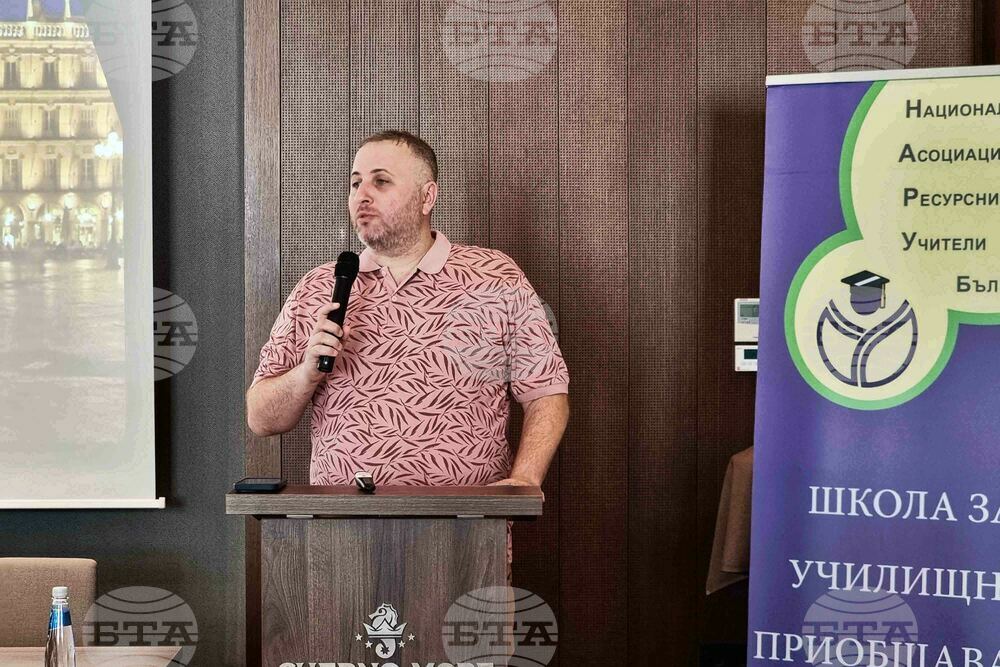site.btaOver 25,000 Children with Special Educational Needs Study in Bulgaria


Over 25,000 children with special educational needs (SEN) study in general education schools in Bulgaria, said Dr Kaloyan Damyanov, Director of the Centre for Inclusive Education in Sofia and National Coordinator of the European Agency for Special Needs and Inclusive Education. He was speaking Monday at the opening of the Summer School for Inclusive Education in Varna.
Damyanov recalled that 30 years have passed since the signing of the UNESCO Salamanca Statement, which for the first time regulated Inclusive education worldwide. According to him, Bulgaria has 30-35% of people in need of support after the age of 15, which is important for the budgeting and organization of the education process. He noted that courses and programmes for special-need children are available in every Bulgarian school, as well as in 2,800 kindergartens across the country.
Some educational institutions have more experience and good practices, while others are reluctant to accept diversity or even show negative attitudes, said Damyanov, admitting that the different behaviour of children with SEN often creates difficulties. He added however that this is only if teachers work according to years-old methods. "That is why we are talking about a change in the way of teaching, so that education can be focused on the child, and not on some didactic methods," he said.
What specialists in Inclusive education suggest is introducing a second teacher in the classroom, as well as abandoning the frontal-instruction method of teaching. "It is recommended to work in small groups with individualized tasks. This requires additional planning, which makes it difficult for teachers and requires a change in their attitudes", Damyanov pointed out.
He argued that experience shows that it is better for children with special needs to be in a general education environment and not permanently in the so called 'resource centres'. This is important in order to teach the children and their classmates how to communicate with each other at an early age. "School is the place where we get used to diversity, and where the children themselves build the necessary social skills for success in life", he noted, specifying that in Inclusive education the emphasis is not only on special-need children but also on those with outstanding gifts, with chronic diseases, with a mother tongue other than Bulgarian or those who live in a risky environment.
The National Association of Resource Teachers has been organizing summer schools for 11 years in various places in Bulgaria, and for the second time the meeting was held in Varna. It included over 70 participants from all over the country who work in the field of Inclusive education, as well as lectures from Dr Barbara Mitchell and Dr Marilyn Cuff from Kansas in the USA.
/NF/
news.modal.header
news.modal.text